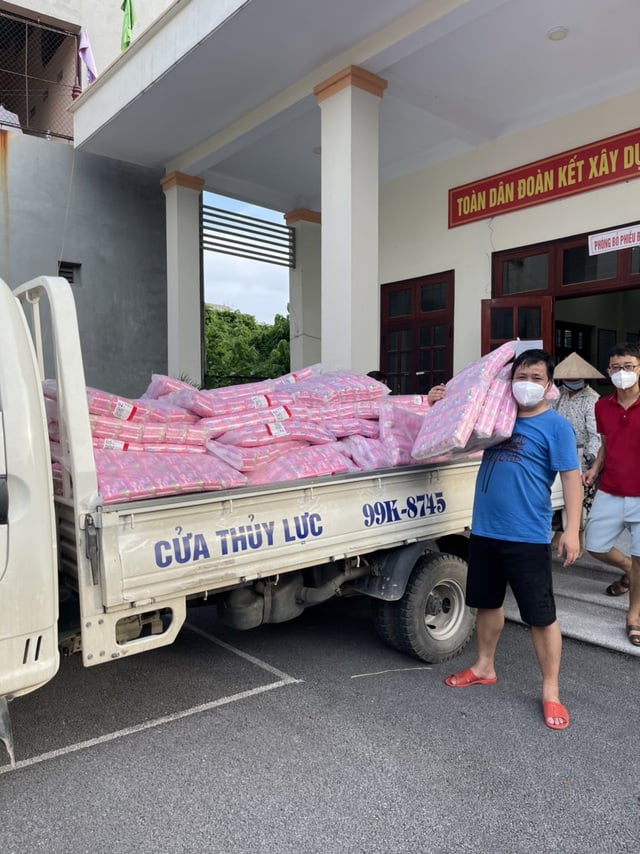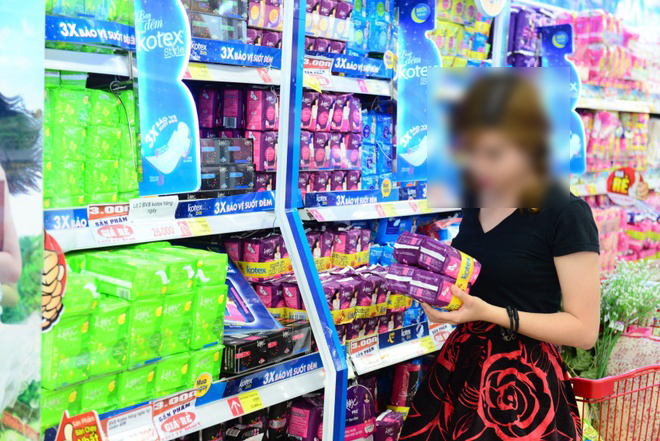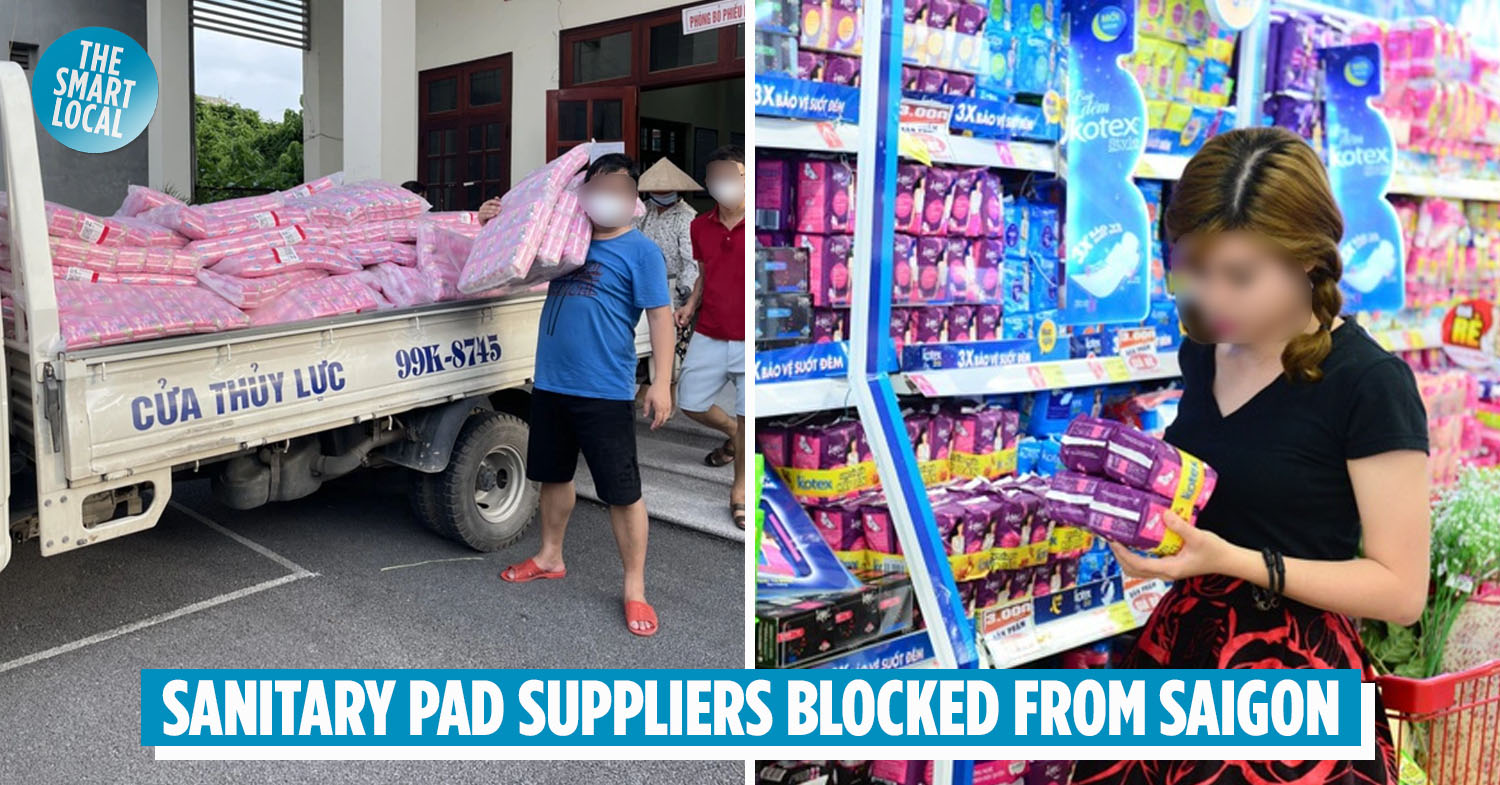Trucks delivering sanitary pads & diapers deemed non-essential in Saigon
To curtail the heavy Covid-19 outbreak, all southern Vietnamese cities have been put under the highest social distancing protocol for several weeks. Trades of all non-essential goods are banned, and citizens are to stay home at all times save for trips to stock up on groceries and medical supplies.
Given the dire situation we’re in currently, we agree that strict measures are necessary. The only problem is, what is deemed essential and what is not are left up to interpretation. That leads to cases where trucks carrying goods such as sanitary pads and diapers are barred from entering some cities, as local authorities deem them non-essential.
Here’s what is being done to deal with the issues.
Diaper and sanitary pad supply chains are being interrupted by unclear definitions saying they’re “non-essential”

(Photo for illustrative purposes only)
Image credit: Dân Trí
Yesterday, Diana Unicharm – a major sanitary pads & diapers firm in Vietnam – told VNExpress that many of its vehicles carrying the goods were turned away at security posts in several southern cities such as Saigon and couldn’t reach retailers.
Local authorities explained that these goods didn’t fall into their list of “essential goods” – which each province and city has its own version of. According to VNExpress, currently, only Đồng Nai Province considers sanitary pads and diapers essential in its guidelines.
But despite what official documents claim, surely many women – particularly new moms – would vehemently argue that these goods are absolutely critical for their personal hygiene and health. If the supply chains are interrupted, there will be a shortage of sanitary pads and diapers on the market very soon, Diana Unicharm says.
This isn’t the first time a lack of a uniform definition of “essential goods” has caused logistical difficulties for firms either. Last week, there were also reports of trucks delivering milk and soft drinks being interrupted on their way to sellers.
Ministry of Industry and Trade steps in with a solution

Photo for illustrative purposes only
Image adapted from Zing News
According to the Ministry of Industry and Trade, so far, Vietnam hasn’t had any official legal documents determining what are “essential goods”. As such, it mostly comes down to each province and city to come up with its own understanding of the term.
As Vietnam Government Portal says, to deal with this issue, the Ministry has proposed a document to the Prime Minister. Rather than defining essential goods, it instead provides a list of goods and wares that are banned.
If the document is approved, all goods that don’t fall into the banned categories will be allowed to circulate.
Trust in our government to make the right decisions
The Covid-19 outbreak is a major national threat that Vietnam has never faced before. It’s understandable that we haven’t perfected the measures to deal with all the issues it causes.
Regardless, we can trust that the government is listening to the people’s needs and wants, and is working hard to ensure everyone pulls through the pandemic. Perhaps there are hiccups here and there, but let’s accept the inconveniences for now, and consider it as doing our parts to contribute.
For more stories, check out:
- Husband mistakenly left their wives behind while driving to hometown
- Police officer gives unemployed mason his own meal
- Dad breaks curfew to buy oxygen for sick son, gets supported
- Saigon enforces new rules on delivery drivers
- Saigon turns buses into portable malls to deliver groceries to citizens
Cover image adapted from Dân Trí and Zing News, for illustrative purposes only
